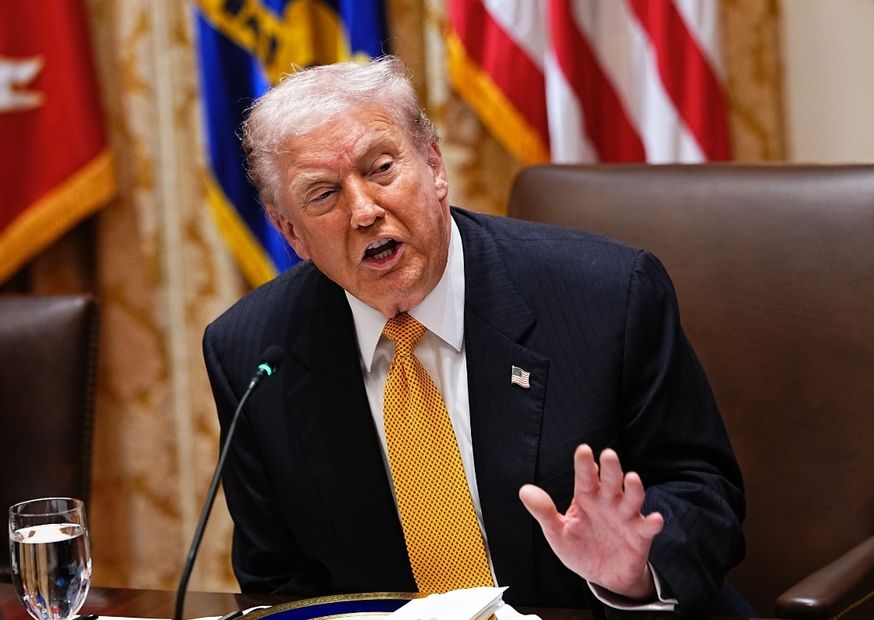WASHINGTON / USA: In a dramatic diplomatic move, the United States announced it will boycott this year’s G20 Summit in South Africa, citing alleged human-rights abuses against the country’s white Afrikaner population. President Donald Trump confirmed that no U.S. government officials would attend the summit unless Pretoria addresses these claims, calling the forum a “total disgrace” under current circumstances.
Trump’s statements accused the South African government of permitting the “killing and slaughter” of Afrikaners, alongside the seizure of their farms and lands without proper legal recourse. He described the situation as a “genocide” against white farmers and stressed that the U.S. would not tolerate participation in a summit while such actions continue. The announcement has sparked immediate controversy, drawing attention to the sensitive intersection of race, land rights, and international diplomacy.
South Africa’s government swiftly rejected the allegations, terming them “regrettable” and historically inaccurate. The foreign ministry highlighted that white citizens continue to hold substantial economic and social advantages decades after the end of apartheid. Officials emphasized that the accusations of systemic killings were “unsupported by facts” and politically motivated.
The boycott carries implications far beyond symbolism. The U.S. absence introduces tensions in global diplomacy at a summit designed to promote cooperation on key issues such as economic stability, sustainability, and equity. Analysts note that South Africa’s ability to host the summit effectively could come under scrutiny, while other G20 members will be forced to navigate the delicate balance between diplomatic engagement and human-rights concerns.
Observers suggest this move could deepen strains in U.S.–South Africa relations and send a stark geopolitical message about the influence of domestic political narratives on international policy. The situation underscores how sensitive race and land issues remain, not just domestically within South Africa, but in shaping global alliances and forum participation in an increasingly polarized world.
This story has been reported by PakTribune. All rights reserved.



